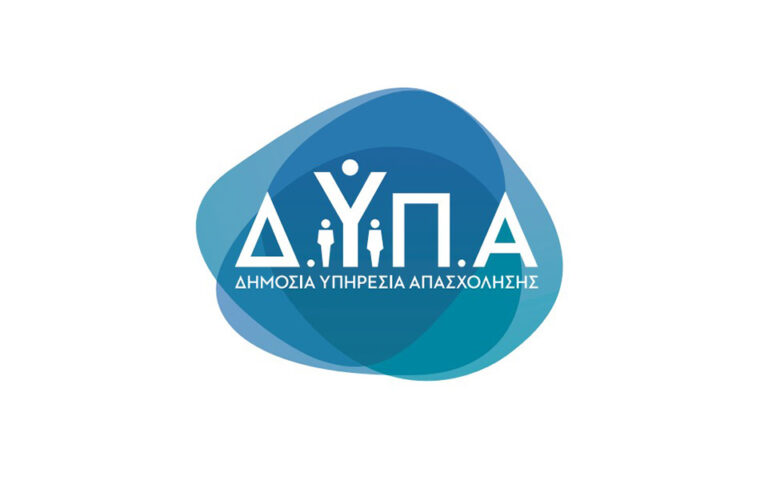
Agri-food start-ups occupy the fourth place, in terms of population, in the National Register - Elevate Greece. The aim of the Ministry of Development and Investment is to link more effectively the agricultural economy and production with research and entrepreneurship, combined with the use of new innovative technologies.
A targeted set of support policies for agri-food start-ups, outside urban centers, through Elevate Greece and regions, is already being studied. As the Deputy Minister of Development and Investments Christos emphasizes in his statements to ANA-MPA, Dimas "there are many examples of Greek start-ups that achieve great investment results and agreements with international firms, of great scope. Our goal is to create a better environment for more innovative ideas to evolve into sustainable businesses."
According to the data, 39 agri-food start-ups, employing more than 227 employees, have been registered in the register. The total funding received from investment funds exceeds EUR 15.45 million. euro. The dominant technology they choose is the Internet of Things.
"The primary sector in Greece has all the conditions to become one of the main drivers of growth of the economy. The climate crisis, precision farming and smart farming are challenges that will occupy us in the coming decades. In order not to be overtaken by developments, we must invest in the field of research and innovation", notes Mr. Dimas
The "profile" of the companies that have joined the Elevate Greece platform, shows that the business model chosen by the companies involved in agrotechnology, is B2B at a rate of more than 49%. On the other hand, the B2G model is chosen by 6% of businesses. In between B2C chooses 21% of companies and B2B2C 23%.
Financing and revenue
The predominant source of financing for businesses is equity (self-financing). The next option is grants, while borrowing is a last option.
The most common revenue model is service subscriptions along with charges per product sale and regarding the penetration of new technologies in the agri-food sector.
Technologies
The main technologies used by businesses are the Internet of Things, modern software, as well as large-scale data analysis.
This is followed by robotics, cloud computing, drones, financial technologies, imaging, networks, etc.
Elevate Greece's cooperation with the regions in the field of agri-food
An important element that emerges from the mapping of the ecosystem is the need to support start-ups operating in the region.
In particular, Mr. Dimas notes. "The distribution of 47% of agri-food start-ups in the Attica region is an element that concerns us. The development of the Greek economy is not a matter that concerns only urban centers, but the entire territory. A targeted set of policies is already being studied, through the cooperation of Elevate Greece with the regions. The aim is to support start-ups, located outside urban centres and employed in the primary sector."
In addition, the General Secretariat for Research and Innovation, plans for the new NSRF important actions aimed at development in specific thematic areas. The agri-food sector remains one of the main pillars of the Smart Specialization Strategy (RIS3) and in the new NSRF 2021-2027. The aim is to link the primary sector more effectively with research and innovation.
More effective linking of the agricultural economy with research and the use of new innovative technologies (agri-food)
On the occasion of the data on the participation of agri-food in the Elevate Greece platform, and when asked if Greece can innovate by utilizing new technology and research in agricultural production or simply continue the traditional empirical agriculture, the Deputy Minister states:
«Undoubtedly our country has fertile land, rich sunshine, ideal climatic conditions. With rare flora and fauna, in order to develop its agricultural economy and production. What has not been done to date, however, to the extent that we could, is to link the agricultural economy and production more effectively with research and entrepreneurship, combined with the use of new innovative technologies. The aim is to upgrade the quality of products, increase agricultural income and of course increase the GDP of the primary sector".
Talents in Greece
"Greece has the privilege of having exceptional research and business talent. We need to equip it with the right tools to make the domestic innovation ecosystem more competitive internationally. There are many examples of Greek start-ups achieving great investment results and agreements with large-scale international firms. Our goal is to create a better environment for more innovative ideas to evolve into sustainable businesses.
The more effective connection of scientific research and specialized knowledge with agricultural production and the primary sector is a very big bet.Simultaneously It is a challenge that will not only have an economic impact, but also a social and environmental footprint. It is a fact that some of our competitors in the agri-food sector, such as Israel, the Netherlands and other EU countries, achieve multiple acreage yields by using innovation and new technologies in some varieties of products. If we want to be competitive on an international level We should make the best use of the potential of our skilled human resources. As well as the tools that now exist in research, technology and the innovation ecosystem.
We design the tools so that we can achieve an integrated approach to the management of agricultural activity. Utilizing new technologies and scientific-research knowledge, it aims to improve production results and causes multiple benefits to the agricultural harvest, but also to the environment. The development of this project can make the Greek primary sector one of the protagonists in the European market and beyond".
Collaboration between start-ups and the research ecosystem in the framework of Elevate Greece
The invitation of the NSRF "Research-Create-Innovate" in which 216 projects are implemented, it has the largest participation of projects in implementation (~ 21%) of total expenditure, public and private, 127.9 million. euro. Of these, agri-food concerns the following:
- 7 Innovation Clusters of the agri-food sector have been approved for implementation
- 2 Agri-food Competence Centres have been adopted. The Competence Centres, having the necessary infrastructure and know-how, have as their main purpose the support of innovation in key sectors of the Greek economy, through the provision of specialized / innovative services / products and technology transfer to businesses, especially small and medium-sized enterprises.
"There is a brilliant field of cooperation between start-ups and the country's Research Ecosystem (Agricultural Universities, ELGO Dimitra, departments of Polytechnic Schools, etc.)", as the Deputy Minister comments.




